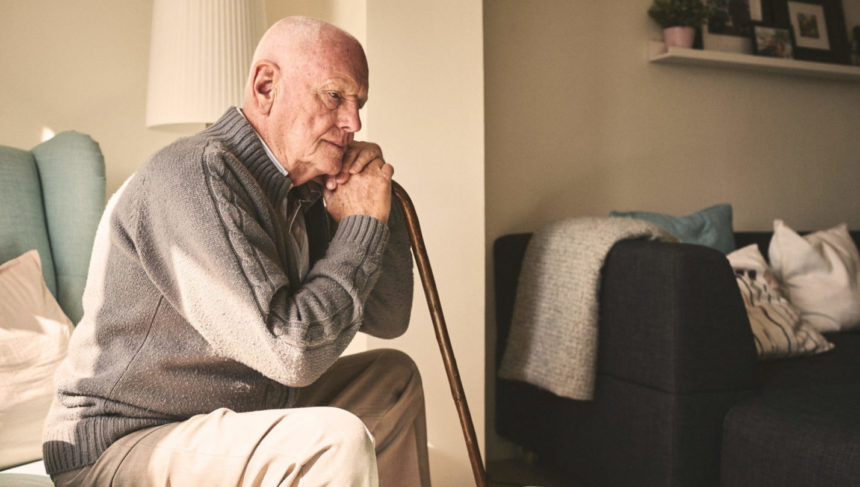
A new study has linked loneliness to an increased risk for being diagnosed with Parkinson’s disease. The link was seen across different demographic groups, and it also existed despite risk factors like depression, as well as genetic risks. The finding points to the importance of social connections for human health, experts say.
“The findings add to the evidence that loneliness is a substantial psychosocial determinant of health,” the authors wrote.
In the study published Monday in JAMA Neurology, researchers looked at demographic factors, genetic risk, socioeconomic status and other factors. Yet the link between loneliness and the disease persisted.
The researchers examined UK Biobank data from 491,603 people ages 38 to 73 over the course of about 15 years. Of the people who were surveyed, 54.4% were female, and the average age was 56.5 years. During the 15-year follow-up period, 2,822 were diagnosed with Parkinson’s disease. People who said they were lonely had a 37% greater likelihood of being diagnosed with Parkinson’s, the study indicated.
“Loneliness and other measures of social connectedness have been previously associated with other neurodegenerative diseases, such as Alzheimer’s disease and related dementias. Still, to our knowledge, no previous study had tested the association with Parkinson’s disease,” Antonio Terracciano, PhD, a geriatrics professor in the department of geriatrics at Florida State University College of Medicine, told UPI.
“The study findings add new evidence for Parkinson’s disease and further support the recommendations on the potential protective and healing effects of personally meaningful social connection,” Terracciano said.
Kathleen M. Shannon, MD, a professor and chair in the department of neurology at the University of Wisconsin School of Medicine and Public Health in Madison, said there’s an increase in trying to examine the changes people face before diagnosis. This is an effort to predict who will get it and potentially thwart the disease, or slow progression, said Shannon who was not part of the study.
Generally, being lonely is linked to poorer outcomes as we age, Shannon noted.
“If we wish to live our best senior lives, we must find passion and purpose, forge strong relationships and embrace healthy habits like a great diet and exercise,” Shannon also told UPI.



